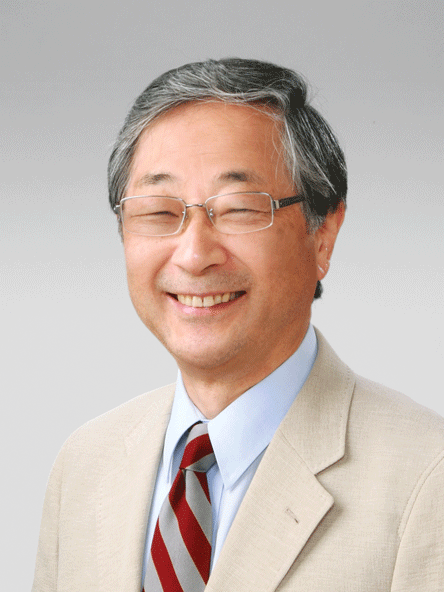 Through his international experiences, Fukunaka learned that nonferrous metallurgy provides a treasure trove of academic seeds for a young materials scientist. Moreover, he came to realize that the electrolyte circulation process with additive supply in copper refinery had been already optimized for over 100 years and that many refinery engineers believed there was no room to improvement except for materials handlings. This situation strongly stimulated his academic interests.
Through his international experiences, Fukunaka learned that nonferrous metallurgy provides a treasure trove of academic seeds for a young materials scientist. Moreover, he came to realize that the electrolyte circulation process with additive supply in copper refinery had been already optimized for over 100 years and that many refinery engineers believed there was no room to improvement except for materials handlings. This situation strongly stimulated his academic interests.
In 1996, Fukunaka moved to the field of energy science and technology and started research on space energy and resources as well as on solar-hydrogen energy. He was the first to observe various kinds of unique electrochemical interfacial phenomena in microgravity conditions, including three-phase interfacial phenomena such as the influence of froth layer growth on the surface coverage ratio of H2 and O2 gas bubbles on electrodes in alkaline water electrolysis as well as the MHD effect to implement efficient liquid/gas separation. The electrodeposition of Li and Si from ionic liquids was also studied.
Fukunaka retired from Kyoto University and joined Waseda University and Japan Aerospace Exploration Agency (JAXA) in 2008. His current interests include non-equilibrium electrochemical processing confined in nano-scale volumes as well as the technology of large scale solar-hydrogen energy systems. He has also been interested in the ultra-fast reduction processing of SiO2 refined from diatomaceous earth resources and in high temperature molten salt electrochemistry for in-situ resources utilization.

